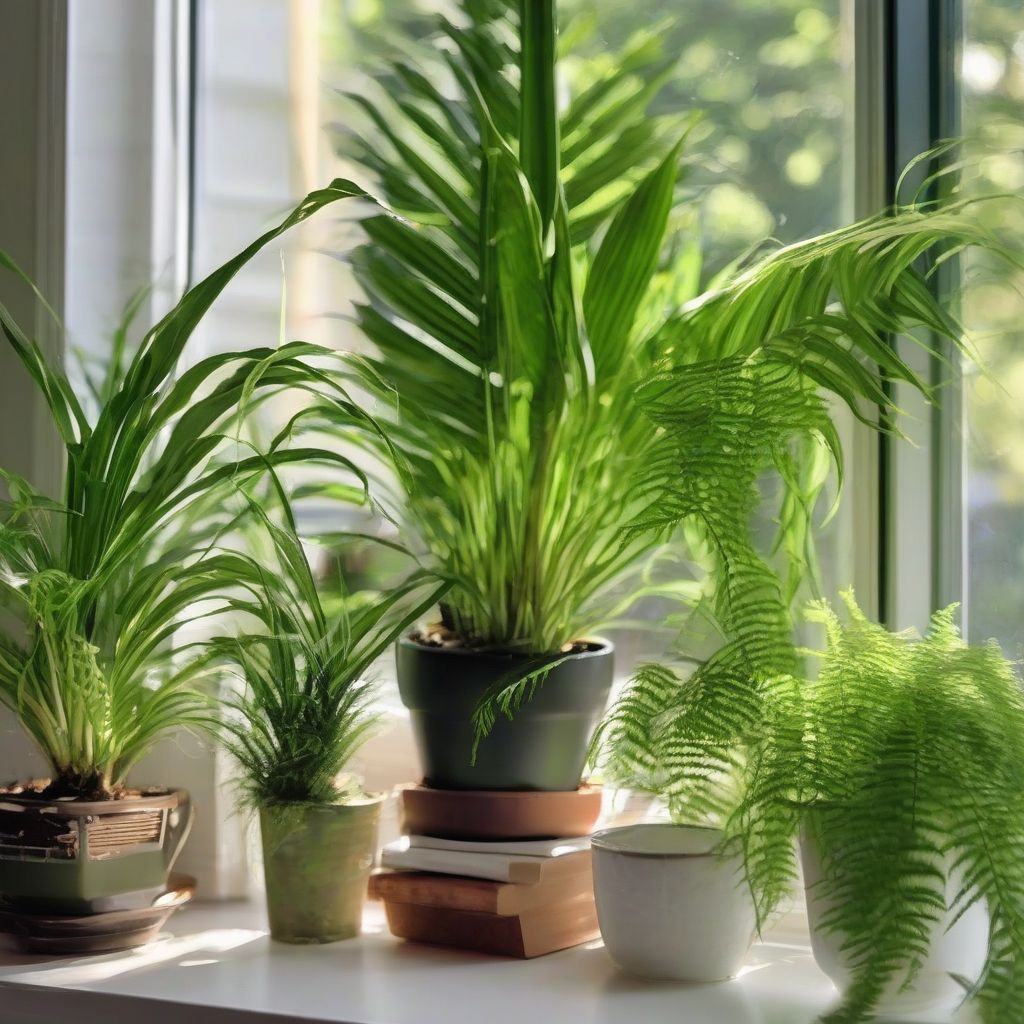Imagine this: you’re relaxing on the couch, sipping your favorite tea, your furry friend nestled contentedly beside you. Sunlight streams through the window, illuminating the lush greenery adorning your home. Sounds idyllic, right? But as a responsible pet owner, you can’t help but wonder – are those plants safe for my four-legged companion?
Creating a pet-friendly haven doesn’t mean sacrificing your love for houseplants. With a little know-how, you can cultivate a vibrant indoor garden that both you and your pet can enjoy. Let’s explore the world of pet-safe plants and create a space that’s both beautiful and healthy for everyone.
Understanding the Risks: Why Pet-Friendly Plants Matter
Before we delve into the exciting world of pet-friendly plants, it’s crucial to understand why certain plants pose a risk to our furry friends. Some plants contain toxic substances that can cause a range of reactions, from mild irritation to severe illness.
Common signs of plant poisoning in pets include:
- Vomiting
- Diarrhea
- Loss of appetite
- Lethargy
- Drooling
- Tremors
- Seizures
If you suspect your pet has ingested a poisonous plant, contact your veterinarian immediately. It’s always better to be safe than sorry.
Creating a Pet-Friendly Paradise: Plants to Welcome into Your Home
Now, for the fun part – choosing the perfect plants to brighten up your home while keeping your furry friend safe! Here are some popular, non-toxic options:
1. Air-Purifying Powerhouses:
- Spider Plant: Known for its air-purifying abilities, the spider plant is a favorite among pet owners. Its cascading foliage adds a touch of elegance to any room.
- Areca Palm: This tropical beauty not only cleanses the air but also introduces a touch of the tropics into your home.
- Boston Fern: This lush fern thrives in humidity and prefers indirect light, making it a great choice for bathrooms.
2. Pet-Friendly Blooms:
- African Violet: These charming plants produce delicate blooms in various shades, adding a pop of color to your space.
- Orchid: These elegant plants are known for their exquisite flowers and long blooming periods.
- Rose: While the thorns should be removed for safety, roses themselves are non-toxic to pets.
3. Easy-Care Companions:
- Cast Iron Plant: As its name suggests, this plant is incredibly resilient and can tolerate low light conditions.
- Prayer Plant: This fascinating plant folds its leaves at night, resembling praying hands.
- Swedish Ivy: This trailing plant is perfect for hanging baskets or shelves.
 Pet-Friendly Plant Collection
Pet-Friendly Plant Collection
Tips for a Harmonious Home:
- Strategic Placement: Place plants out of your pet’s reach, on high shelves, or in hanging baskets.
- Training and Distraction: Teach your pet to “leave it” when it comes to your plants. Provide plenty of toys and activities to keep them entertained.
- Supervise and Protect: Keep a watchful eye on your pet, especially if they’re prone to nibbling. Consider using pet-safe repellents or barriers around your plants.
Embrace the Greenery:
Creating a pet-friendly home filled with lush, vibrant plants is easier than you think. By choosing non-toxic varieties, being mindful of placement, and providing plenty of distractions for your furry friend, you can cultivate a beautiful and safe space for everyone to enjoy.
Remember, your home should be a sanctuary for both you and your beloved pet. With a little planning and these tips in mind, you can create a harmonious environment where both you and your furry companion can thrive amidst the beauty of nature.
Don’t forget to check out our other informative articles on indoor plant care:
- Essential Tips for Keeping Indoor Plants Healthy and Thriving
- How to Decorate with Plants in Low Light Areas
We’d love to hear from you! Share your experiences with pet-friendly plants in the comments below. What are your favorite non-toxic varieties?
No products found.
